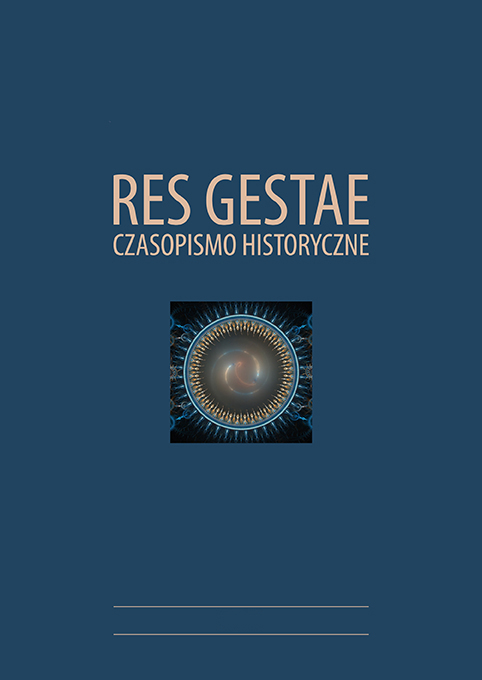“Winning the Hearts and Minds”: The Intellectual Cold War and the Rockefeller and Ford Foundations’ Exchange Programs in Eastern Europe
Main Article Content
Abstract
At the end of World War II, American private foundations hoped to restore the pre-war relations with the research institutes, universities, and individual scholars in Europe. The Iron Curtain that divided the continent prevented a further expansion of their programs. Planned for the betterment of humankind, to improve health and education, advance scientific research, and
facilitate worldwide scientific cooperation, the foundations’ exchange programs aimed at breaking barriers, overcoming differences, and leading to international understanding. However, in the new geopolitical circumstances, they served other purposes. By providing access to knowledge and different perspectives on ideas and values, the exchange programs contributed to the formation of the elite intellectual networks that undermined and finally brought Communism down. This
article provides an insight into the reasons for the two foundations’ early involvement in Eastern Europe and their distinct methods and compares these to the public diplomacy efforts. It also discusses the radically different reception of activities undertaken by public and private organizations that strengthened the plea for the “hearts and minds” of the people behind the Iron Curtain.
Article Details
|

